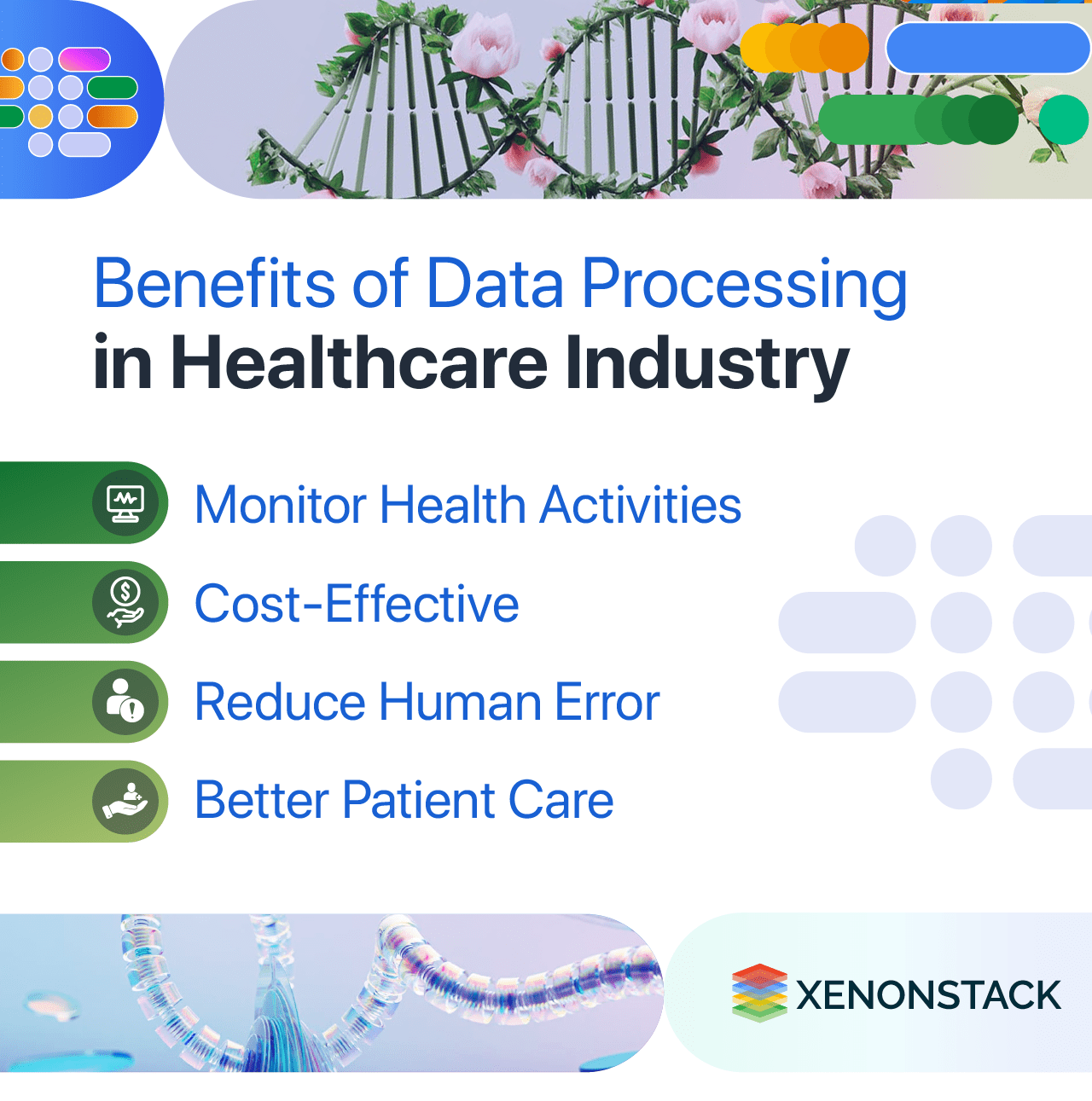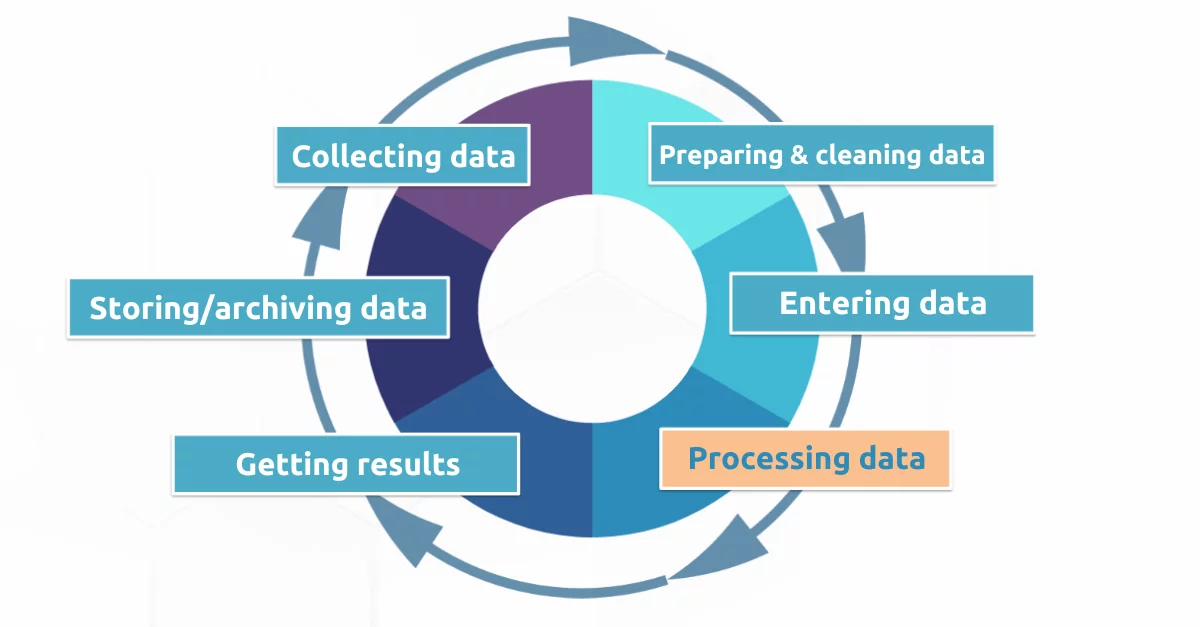What are the Benefits of Data Processing: Unlocking Big Insights!
Introduction
Data processing is turning raw data into useful information. It helps people and businesses make better decisions. Let’s explore the many benefits of data processing.

Credit: perfectdataentry.com
Improved Decision-Making
One major benefit of data processing is better decision-making. With processed data, you get clear, accurate information. This helps you understand what is happening around you. Good information leads to good decisions.
Increased Efficiency
Data processing makes work faster and easier. Machines and computers can process data much quicker than humans. This saves time and reduces errors. When tasks are done faster, productivity increases.
Better Customer Experience
Data processing helps businesses understand their customers. By analyzing data, businesses can learn what customers want. They can offer better products and services. This makes customers happy and loyal.
Cost Savings
Processing data can save money. It reduces the need for manual work. Automated systems do the job more quickly and accurately. This lowers labor costs and reduces mistakes.
Enhanced Security
Data processing helps protect information. It can identify and stop security threats. Businesses can keep their data safe and secure. This is important for maintaining trust.
Accurate Forecasting
With data processing, predicting future trends becomes easier. Businesses can use past data to forecast future events. This helps them prepare for what is coming. Good forecasting leads to better planning.
Improved Data Quality
Data processing ensures data is clean and accurate. Errors and duplicates are removed. This means the information you use is reliable. High-quality data leads to better results.
Better Compliance
Businesses must follow rules and regulations. Data processing helps them comply with these rules. It keeps records accurate and up-to-date. This avoids legal problems and fines.
Easy Data Access
Processed data is easy to access and use. It is organized and stored in a way that makes sense. This means you can find the information you need quickly. Easy access to data saves time and effort.
Enhanced Collaboration
Data processing improves teamwork. It makes sharing information easy. Team members can work together better. This leads to more successful projects and better results.

Credit: www.xenonstack.com
Examples of Data Processing Benefits
| Benefit | Example |
|---|---|
| Improved Decision-Making | A company uses sales data to decide which products to stock. |
| Increased Efficiency | An automated system processes orders faster than humans. |
| Better Customer Experience | A business analyzes feedback to improve its services. |
| Cost Savings | A factory uses data to optimize production and reduce waste. |
| Enhanced Security | A bank uses data processing to detect fraudulent activities. |
| Accurate Forecasting | A retailer uses past sales data to predict future demand. |
Frequently Asked Questions
What Is Data Processing?
Data processing is converting raw data into useful information. It involves collecting, sorting, and analyzing data.
Why Is Data Processing Important?
It helps businesses make informed decisions. Accurate data leads to better strategies and improved efficiency.
How Does Data Processing Improve Accuracy?
Automated data processing reduces human errors. It ensures consistent and reliable results, leading to precise outcomes.
Conclusion
Data processing offers many benefits. It improves decision-making, efficiency, and customer satisfaction. It also saves money, enhances security, and provides accurate forecasting. Businesses can achieve better results with processed data. So, start processing your data today!







